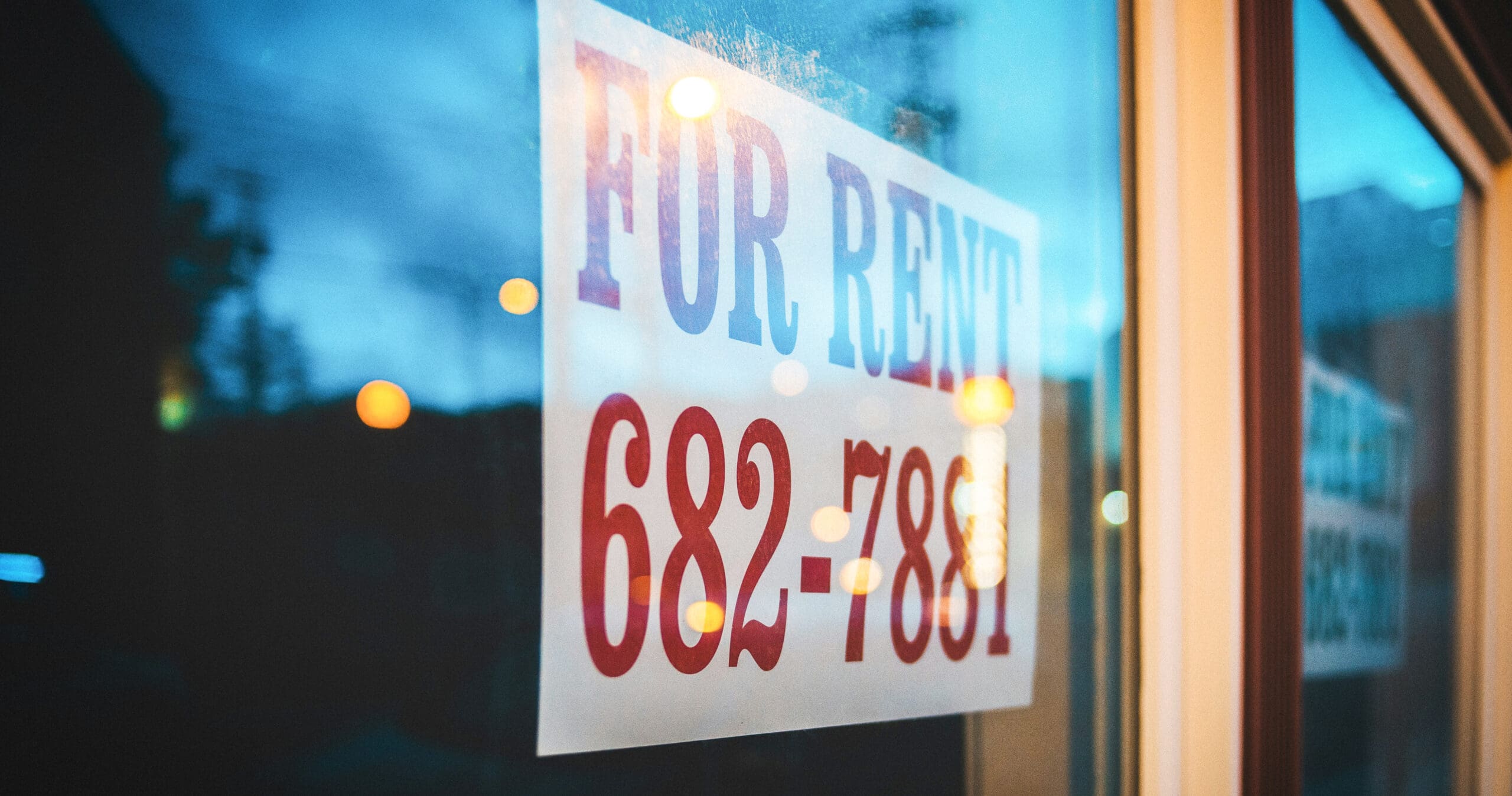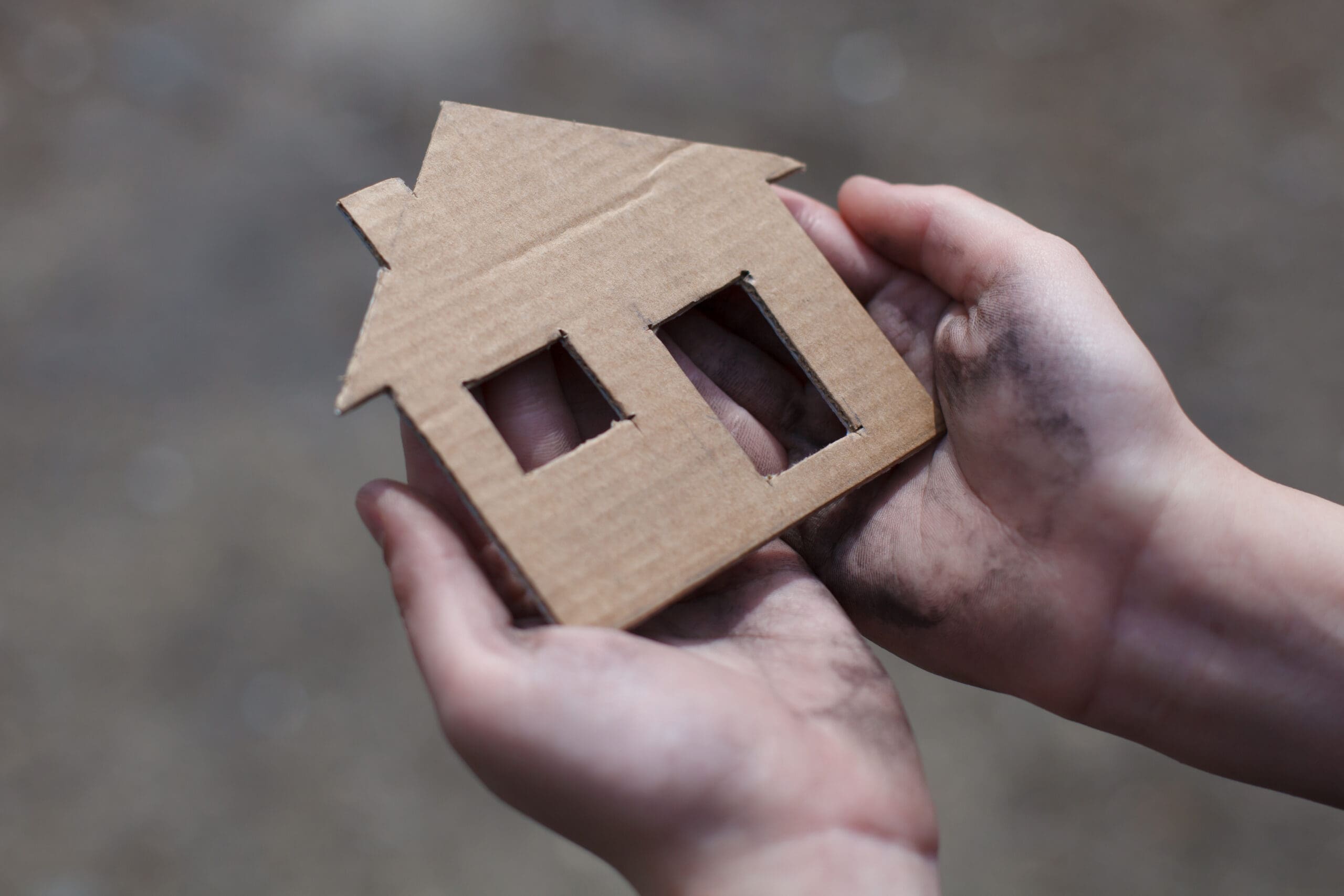Housing & Homelessness
Our publications are available to all at no cost. Please support the CCPA and help make important research and ideas available to everyone. Make a donation today.
-

Social housing can help Trump-proof Canadian’s well-being
In the face of political and economic threats from the United States, most Canadians agree on two things: Canada’s sovereignty is non-negotiable, and Canada’s housing…
-

Legislate fair rents for tenants NOW
Renters in Manitoba are experiencing astronomical rent hikes above the provincial allowable rent increase guidelines – and it’s completely legal. In 2022, the average rent…
-

When it comes to housing, Ontarians have clear choices in this election
It’s been a tough election for policy analysts. We like long platforms, detailed policy proposals, and lots of numbers. We didn’t get much of that…
-

Ontario lost nearly 1,300 residential construction jobs last year—the worst in Canada
Public policy researchers spill a lot of ink on housing affordability, but we pay a lot less attention to residential construction as an employment sector.…
-

From repairs to rent hikes
Tenant experiences show that loopholes in rent-control system require tighter legislation from Province of Manitoba
-

Encampment sweeps won’t solve Canada’s homeless crisis
Devin’s headlamp cut through the darkness. At the base of the pine trees lining the narrow green strip beside Notre Dame East Boulevard, he was…
-

Minosin Kikiwa – “A Good Home”: Indigenous Older Adults in Winnipeg
A growing segment of Indigenous populations in Canada are over 55.In urban areas like Winnipeg, this includes many long-time city residents.The later life situations of…
-

Understanding Manitoba’s Social Housing Transformation
This report documents the process of Manitoba Housing and Renewal Corporation’s (hereafter called MHRC) devolution of public housing that took place from 2016–2021. In 2019,…
-

Impact of the National Housing Strategy for Low-income Renters in Winnipeg and Manitoba
There is broad consensus among housing policy experts that the NHS has failed to live up to the commitment to create affordable housing for the…
-

Out-of-control rents
CMHC, “Rental Market Survey Data Tables,” 2023. For a notable exception, see John Rapley, “Canada’s approach to housing is bad for the economy,” The Globe…
-

Minimum wage workers across Canada face out-of-control rents that far exceed their income
Province Minimum wage (Oct. 2023) Rental wage for 1 bedroom Rental wage for 2 bedroom B.C. $16.75 $29.96 $35.90 Ontario $16.55 $28.50 $32.63 Alberta $15.00…
-

What is the “rental wage” in my neighborhood?
Across Canada, rents are out of control. In 2019, the Canadian Centre for Policy Alternatives introduced the concept of the “rental wage” to Canada. The rental…
Updates from the CCPA
Read the latest research, analysis and commentary on issues that matter to you.
CCPA Updates